| বাংলায় পড়ুন | Researchers and Reporters: Shama Sultana Anika Taieba |
Artificial intelligence is a well-known word in this era. The idea that a machine could use its intellect to perform our tasks seemed inconceivable just a few years ago. At present, however, it is quite feasible. Any questions we have are immediately answered by websites like ChatGPT and Gemini. The problem of conscience is not present here, though, even if the computer has its mind. This realm of justice and injustice is where ethical AI operates. Fairness, openness, and human values are given top priority in the creation, administration, and application of any system or arrangement by ethical AI. The main goal is for AI to function securely, minimize harm, and benefit people and society without having unforeseen bad effects.
Why is ethical AI important?
According to some, artificial intelligence has been developed and promoted more rapidly than anything else. As such, it also entails higher risks. Machine learning is being employed in many different fields these days, and its market is expanding quickly on a global scale. Even if AI offers efficiency, creativity, and automation, it is also causing a new kind of issue. It hasn’t been observed previously. For instance, in the medical field, AI may prioritize the treatment of specific ethnic groups that actively participated in the system’s creation. Artificial intelligence can also make racial judgments in law enforcement when assessing a criminal’s propensity to commit crimes again.
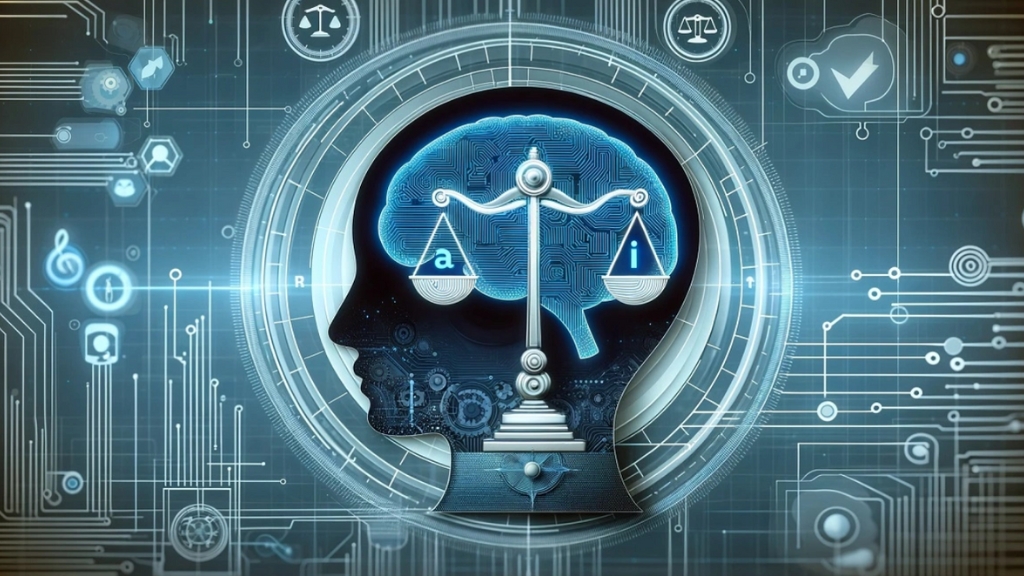
Thus, this kind of bias and risk can be decreased if ethical AI concepts are applied to artificial intelligence. AI will consequently become more dependable, safer, and equitable.
Why should we think about ethical AI in this age of artificial intelligence?
- Preventing prejudice and discrimination
AI systems may make decisions that discriminate against particular social groups if the data they are trained on is skewed. For instance, AI-based employment screening tools that incorporate historical biases may limit employment possibilities for minorities or women.
- Ensuring transparency and accountability
Many AI algorithms function as “black boxes,” which makes it challenging to comprehend how they make decisions. It’s important to understand the reasons behind an AI’s decision to deny you a bank loan. This transparency is ensured by ethical AI.
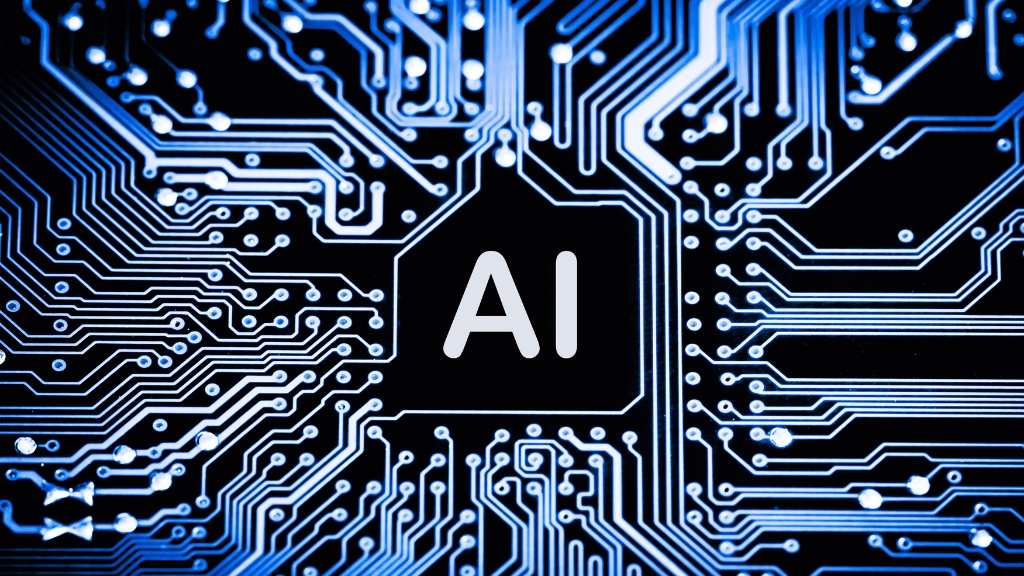
- Cybersecurity and data privacy
Large amounts of data, frequently about personal information, are used in artificial intelligence and machine learning. User data may leak if it is not adequately secured. For example, thieves might employ facial recognition technology to watch anyone, which could limit citizens’ privacy.
- Upholding human virtues
Artificial intelligence will never match human emotions, morals, and conscience, regardless of how sophisticated it becomes. As an instance, it can be extremely detrimental if a chatbot or AI assistant offers unethical or damaging advice on a subject.
A potent technology, artificial intelligence has the potential to improve human civilization if applied properly. On the other hand, if it is poorly handled, injustice, insecurity, and inequality will result. Therefore, we must consider ethical AI carefully in this age of artificial intelligence to ensure that it serves humanity and causes no harm.

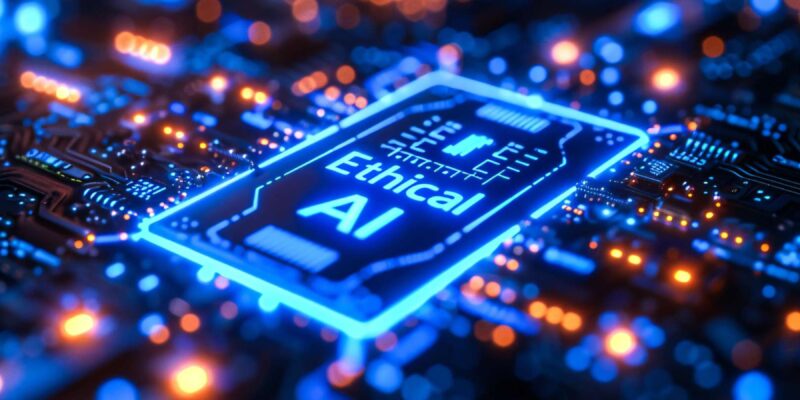

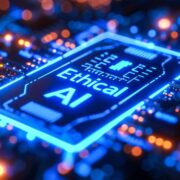





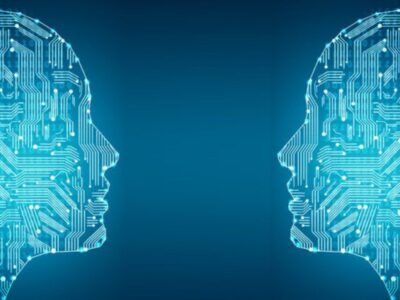

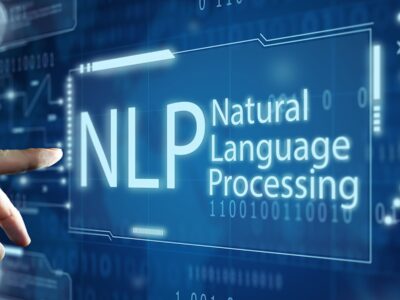















Comments